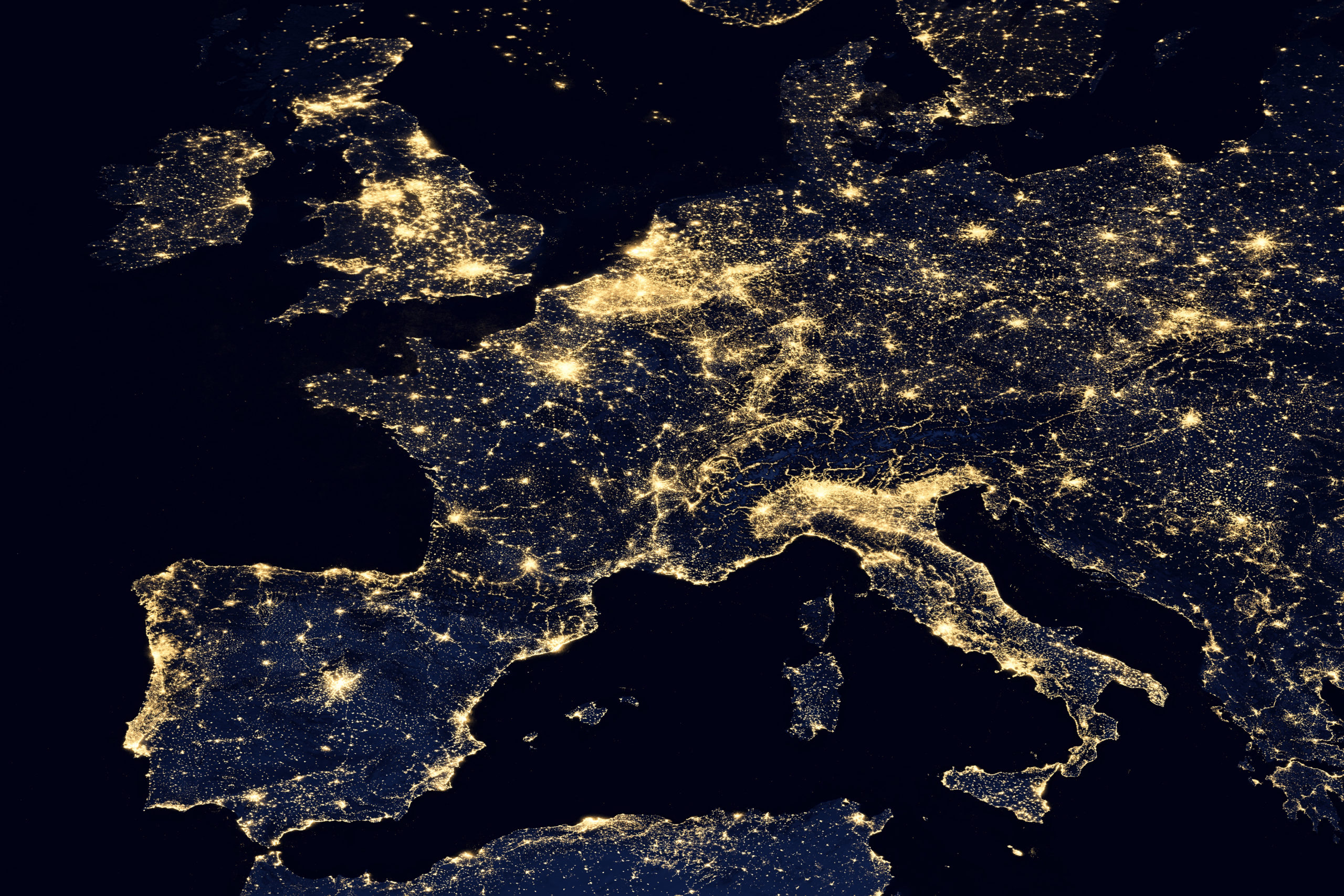Editor's Introduction to "Property and its Enemies. Part I. 'Design Faults' in Locke's Theory of Property Taint Ownership with Guilt"
By David M. Hart

This bibliographical essay is David Hart’s introduction to Property and its Enemies. Part I. “Design Faults” in Locke’s Theory of Property Taint Ownership with Guilt, by Anthony de Jasay.
In his essay, Jasay raises a very important point concerning the cost of making new discoveries. He argues that “every new discovery will raise the probable finding cost of the next comparable discovery”. Does an increasing body of knowledge decrease or increase the cost of making new discoveries? This issue remains to be explored in detail.
The Theory of Property Rights
Lawrence C. Becker, Property Rights: Philosophic Foundations (London: Routledge and Kegan Paul, 1977).
Gottfried Dietze, In Defense of Property (Chicago: Henry Regnery, 1963).
John Locke, Two Treatises of Government: A Critical Edition with an Introduction and Apparatus Criticus by Peter Laslett (Revised edition Cambridge University Press, 1963), reissued with a new introduction by Cambridge University Press in 1988.
Political Writings of John Locke, David Wootton (New York: Mentor, 1993).
Robert Nozick, Anarchy, State and Utopia (New York: Basic Books, 1974).
Reading Nozick: Essays on Ansarchy, State and Utopia, ed. Jeffrey Paul (Oxford: Basil Blackwell, 1982).
Property Rights, ed. Ellen Frankel Paul, Fred D, Miller, and Jeffrey Paul (Cambridge University Press, 1994).
J.E. Penner, The Idea of Property: Its Meaning and Power (Oxford University Press, 2003).
Property, ed. J. Roland Pennock and John W. Chapman (New York University Press, 1980).
Murray N. Rothbard, For a New Liberty (New York: Macmillan, 1973).
Property Rights and the Limits of Democracy, ed. Charles K. Rowley (Elgar, 1993).
James Tully, A Discourse on Property: John Locke and His Adversaries (Cambridge University Press, 1982).
The Economics of Property Rights
Property Rights and Indian Economies, ed. Terry L. Anderson (Lanham, MD: Rowan and Littlefield, 1992).
Yoram Barzel, Economic Analysis of Property Rights (Cambridge University Press, 1997).
Property in a Humane Economy: A Selection of Essays, ed. Samuel L. Blumenfeld (LaSalle, IL: Open Court, 1974).
The Economics of Legal Relationships: Readings in the Theory of Property Rights, ed. Henry G. Manne (St Paul: West, 1975).
The History of Property Rights
Tom Bethell, The Noblest Triumph: Property and Prosperity through the Ages (New York: St. Martin’s Press, 1998).
Stephen Buckle, Natural Law and the Theory of Property: Grotius to Hume (Oxford University Press, 1991).
Property Rights in American History: From the Colonial Era to the Present, ed. James W. Ely, Jr. (New York: Garland, 1997).
James W. Ely, Jr., The Guardian of Every Other Right: A Constitutional History of Property Rights (Oxford University Press, 1998).
C.B. Macpherson, The Political Theory of Possessive Individulaism: Hobbes to Locke (Oxford University Press, 1975).
Richard Pipes, Property and Freedom (New York: Vintage Boks, 1999).
Bernard H. Siegan, Property Rights: From Magna Carta to the Fourteenth Amendment (New Brunswick, NJ: Transaction, 2001).
Richard Slatter, Private Property: The History of an Idea (New York: Russell and Russell, 1973).
*David M. Hart is Director of the Online Library of Liberty Project.
For more articles by David M. Hart, see the Archive.
